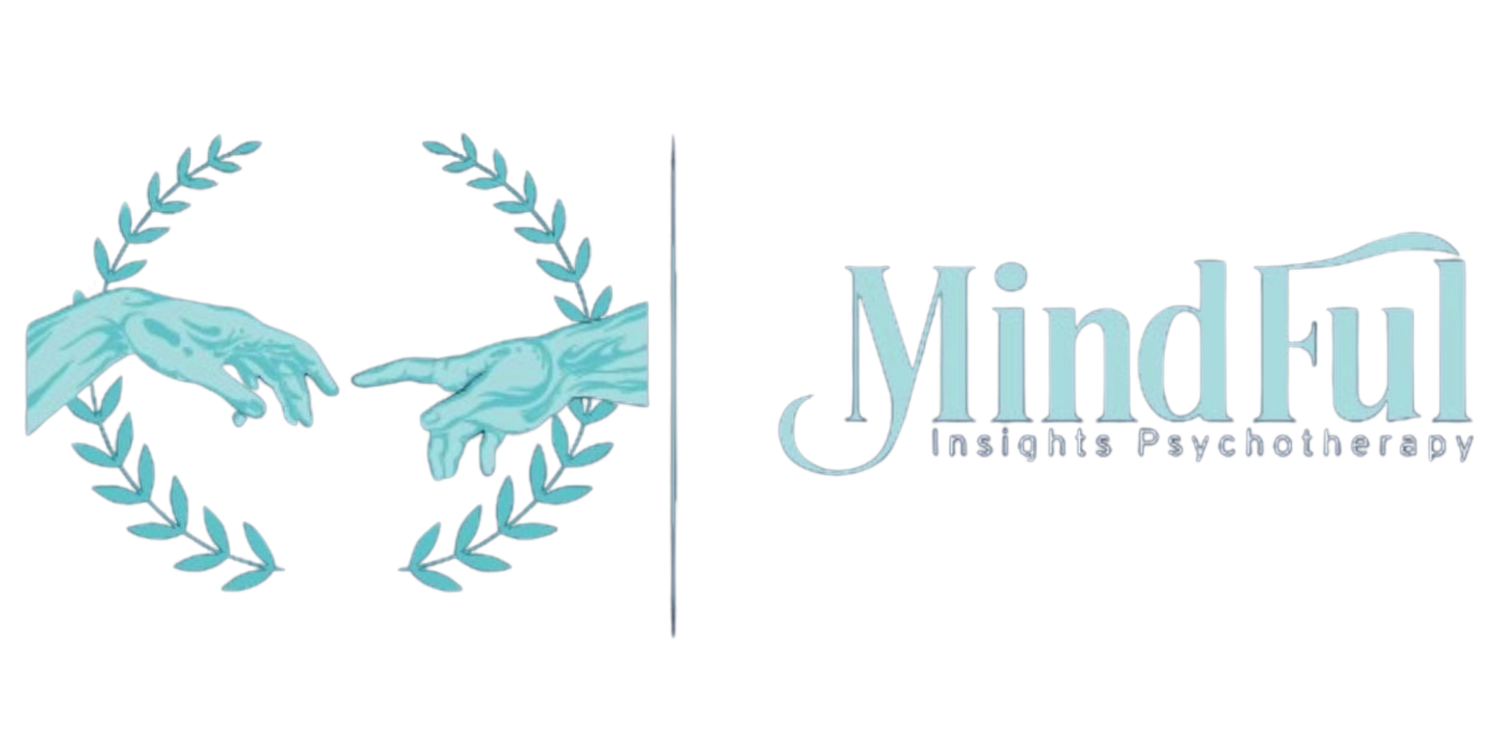The Connection Between Mental Health and Spirituality: Finding Inner Balance
At Mindful Insights Psychotherapy, we understand the profound relationship between mental health and spirituality. Both play vital roles in fostering emotional resilience and a sense of purpose. Whether you’re exploring your spiritual path or seeking emotional balance, integrating spirituality with mental health can provide a deeper sense of harmony.
What Do We Mean by Spirituality?
Spirituality is deeply personal and extends beyond religious beliefs. It encompasses the search for:
• Meaning and purpose.
• Connection to oneself, others, or a higher power.
• Comfort during challenging times.
For some, spirituality may involve traditional faith practices, while others find spirituality through nature, meditation, or personal reflection.
How Mental Health and Spirituality Intersect
Spirituality and mental health often complement each other, creating opportunities for growth and resilience:
1. Finding Purpose in Struggles
Spirituality reframes challenges as opportunities for growth, reducing feelings of hopelessness.
2. Promoting Resilience
Practices like mindfulness or prayer offer a sense of stability and peace, even during adversity.
3. Encouraging Self-Reflection
Spirituality often involves introspection, mirroring the goals of therapy by fostering self-awareness and emotional understanding.
4. Enhancing Connection
Spirituality emphasizes connection—whether to a higher power, community, or nature—counteracting loneliness often linked to mental health challenges.
When Spirituality Can Feel Challenging
While spirituality can be a powerful resource, it may also present unique challenges, such as:
• Spiritual Guilt: Feeling inadequate in your spiritual practice.
• Conflict Between Beliefs and Experiences: Reconciling personal challenges with spiritual expectations.
• Spiritual Bypassing: Using spirituality to avoid confronting painful emotions or mental health concerns.
If these challenges resonate, therapy can provide a supportive space to navigate them.
Ways to Integrate Mental Health and Spirituality
At Mindful Insights Psychotherapy, we encourage harmonizing mental health and spirituality with these practices:
1. Practice Mindfulness
Mindfulness bridges spirituality and mental health, fostering gratitude and self-awareness. Explore mindful walking or deep breathing exercises for daily connection.
2. Explore Gratitude
Gratitude is central to many spiritual practices and has been shown to improve mental health. Start a gratitude journal to reflect on positive moments.
3. Engage in Reflective Practices
Journaling or meditation helps you process emotions and align with your values. Reflect on your spiritual and emotional goals regularly.
4. Seek Community
Finding a supportive community—whether a faith-based group or a volunteer organization—fosters belonging and emotional connection.
5. Combine Spirituality with Therapy
Therapy can integrate your spiritual beliefs with mental health strategies, offering tailored support for your unique journey. Learn more about our individual therapy services to explore this connection further.
Finding Balance: Where to Begin
If you’re ready to balance mental health and spirituality:
• Reflect on what spirituality means to you.
• Identify practices that bring you comfort and joy.
• Address spiritual conflicts or guilt with the support of therapy.
• Embrace your personal journey—there’s no right or wrong path.
Final Thoughts: Embracing the Journey
The relationship between mental health and spirituality is deeply personal. It’s about weaving together these aspects to create a more meaningful and resilient life.
At Mindful Insights Psychotherapy, we honor your journey and offer support tailored to your spiritual and emotional needs.
Ready to explore this connection further? Contact us today to begin your journey toward harmony and balance.

